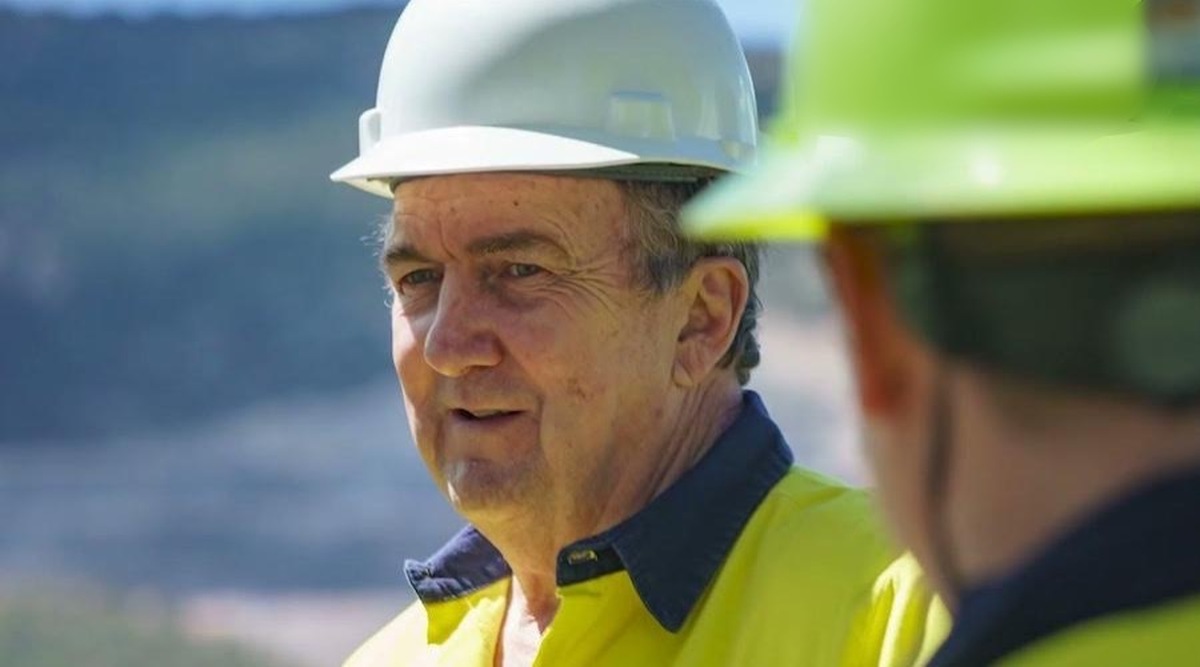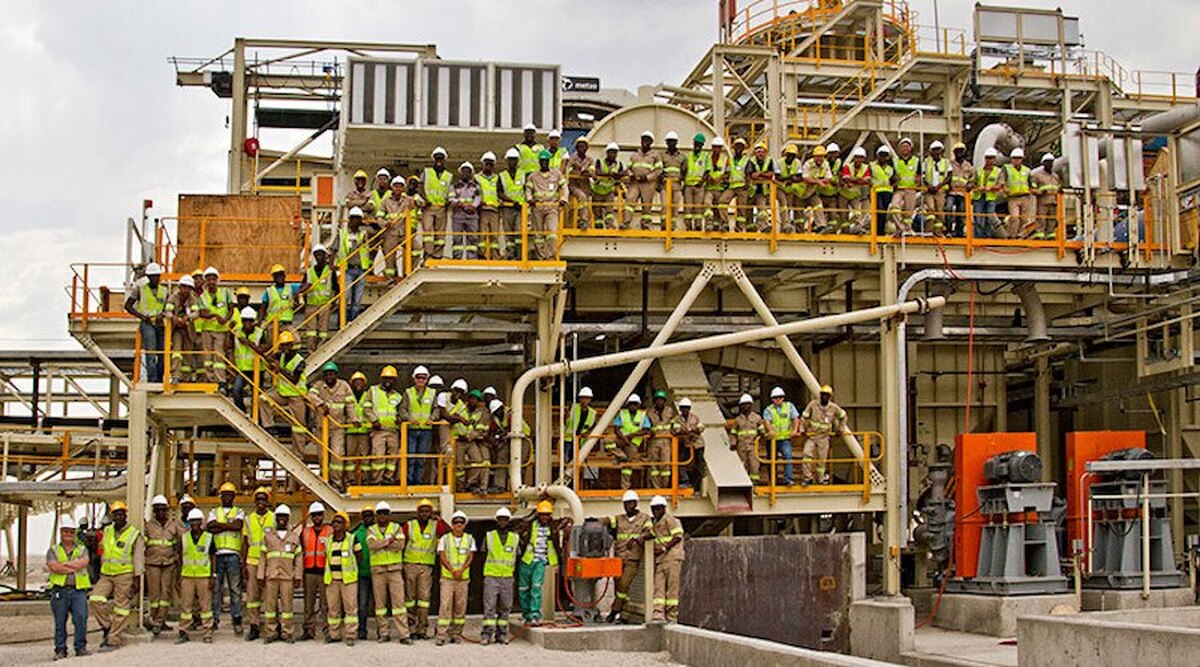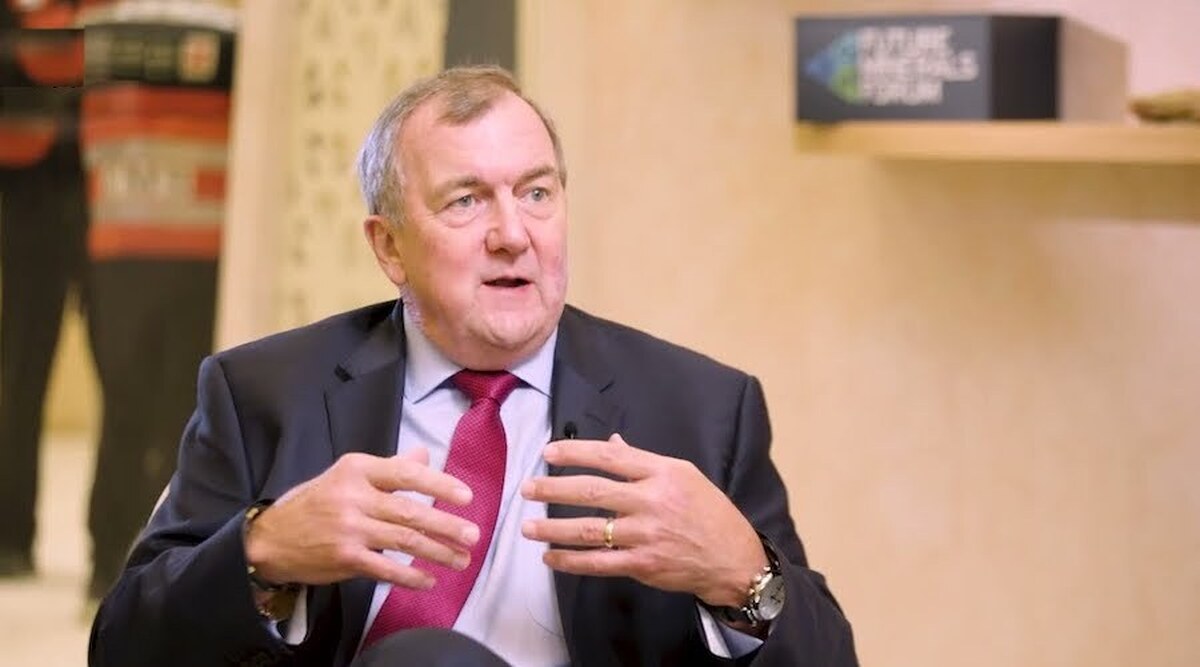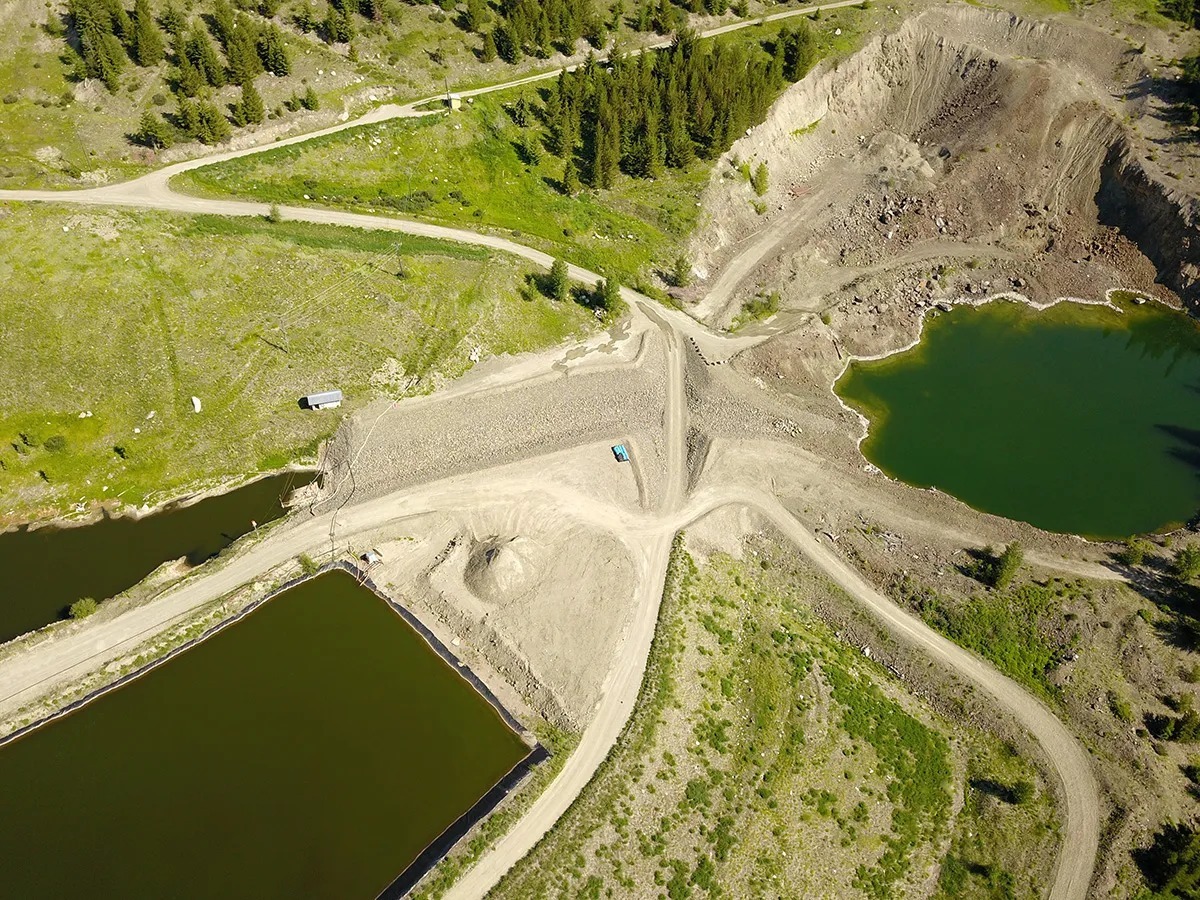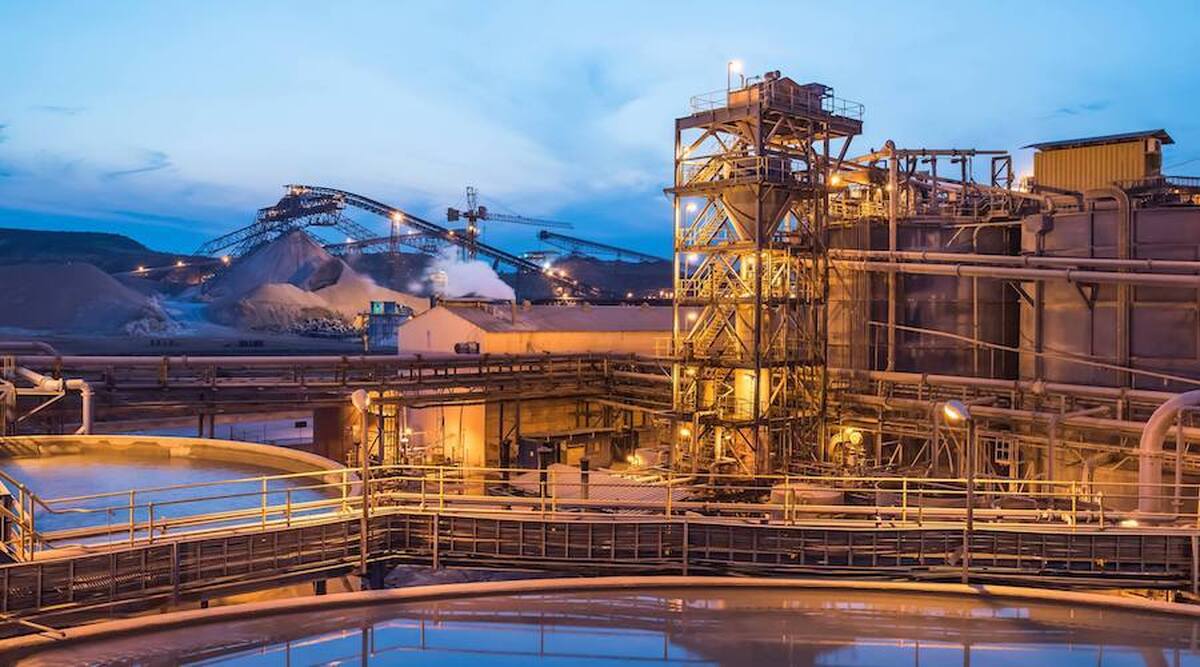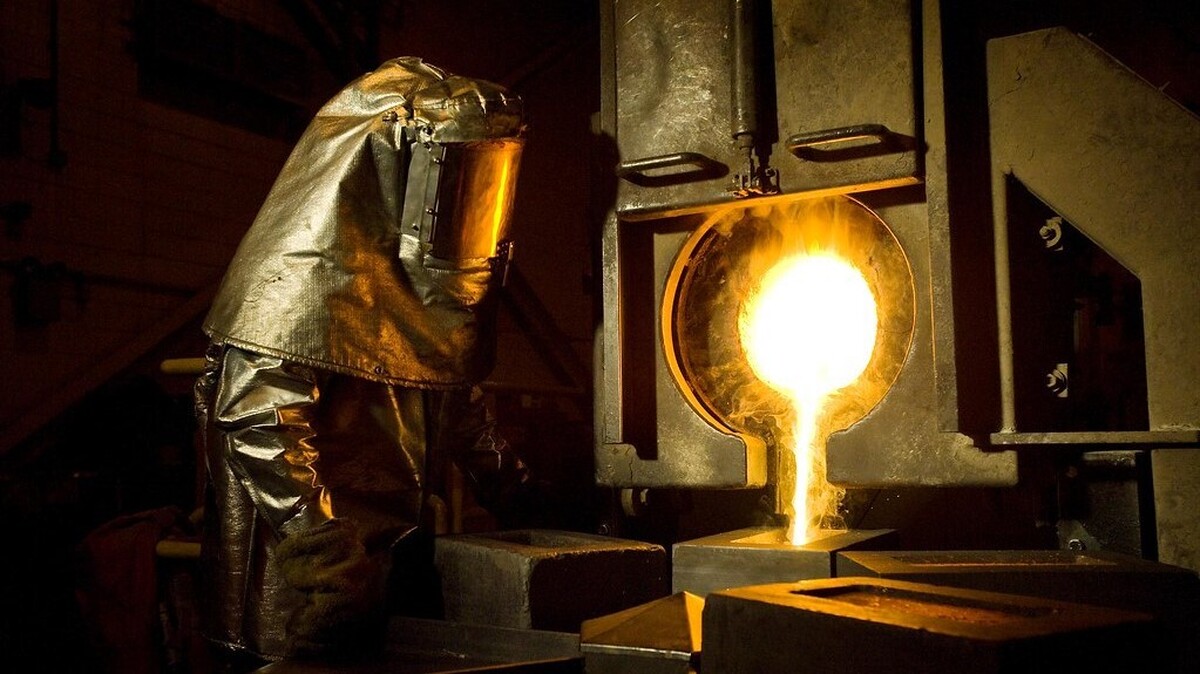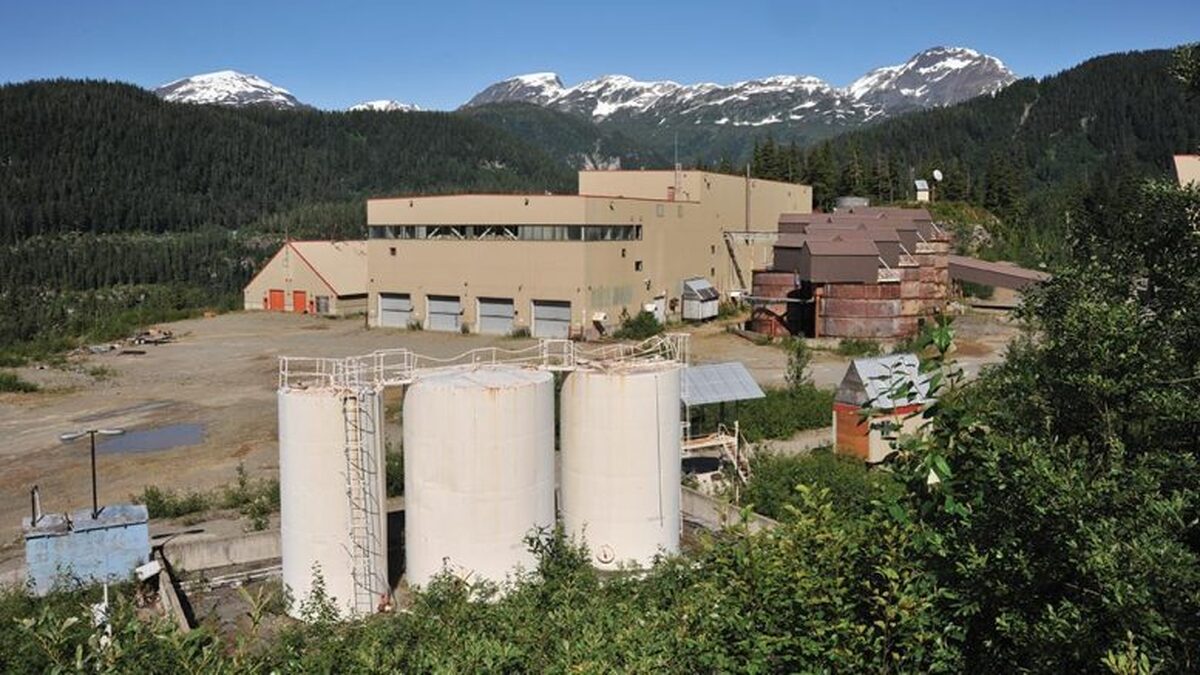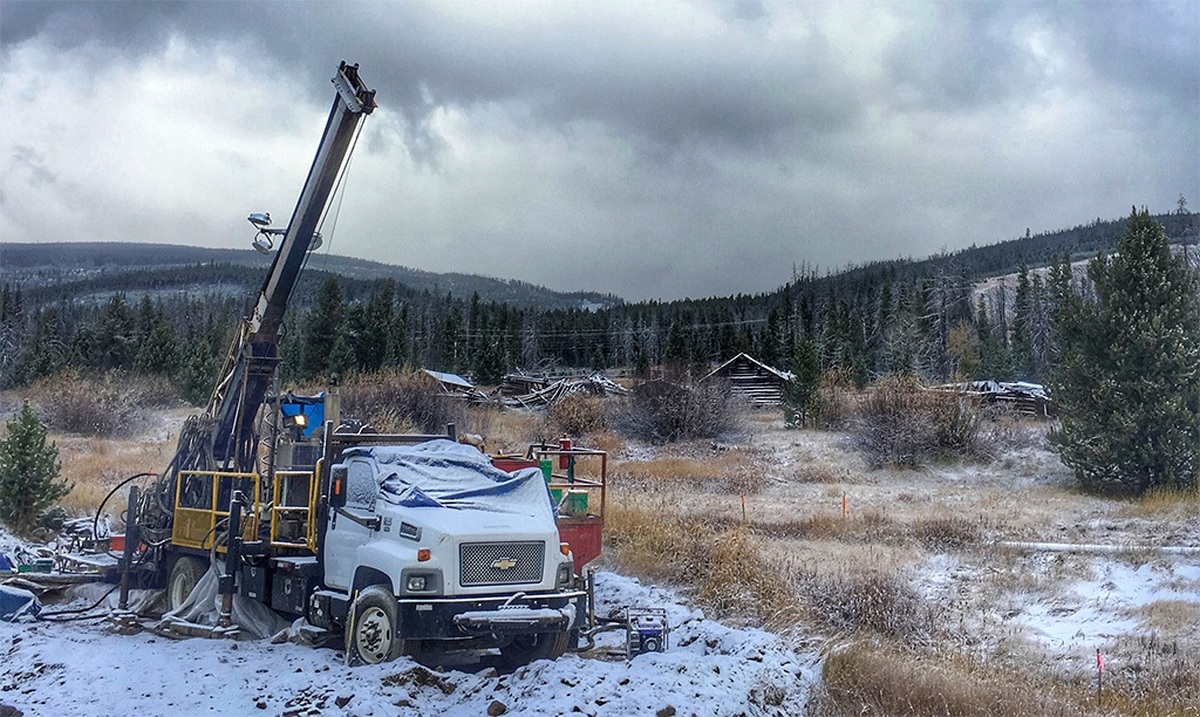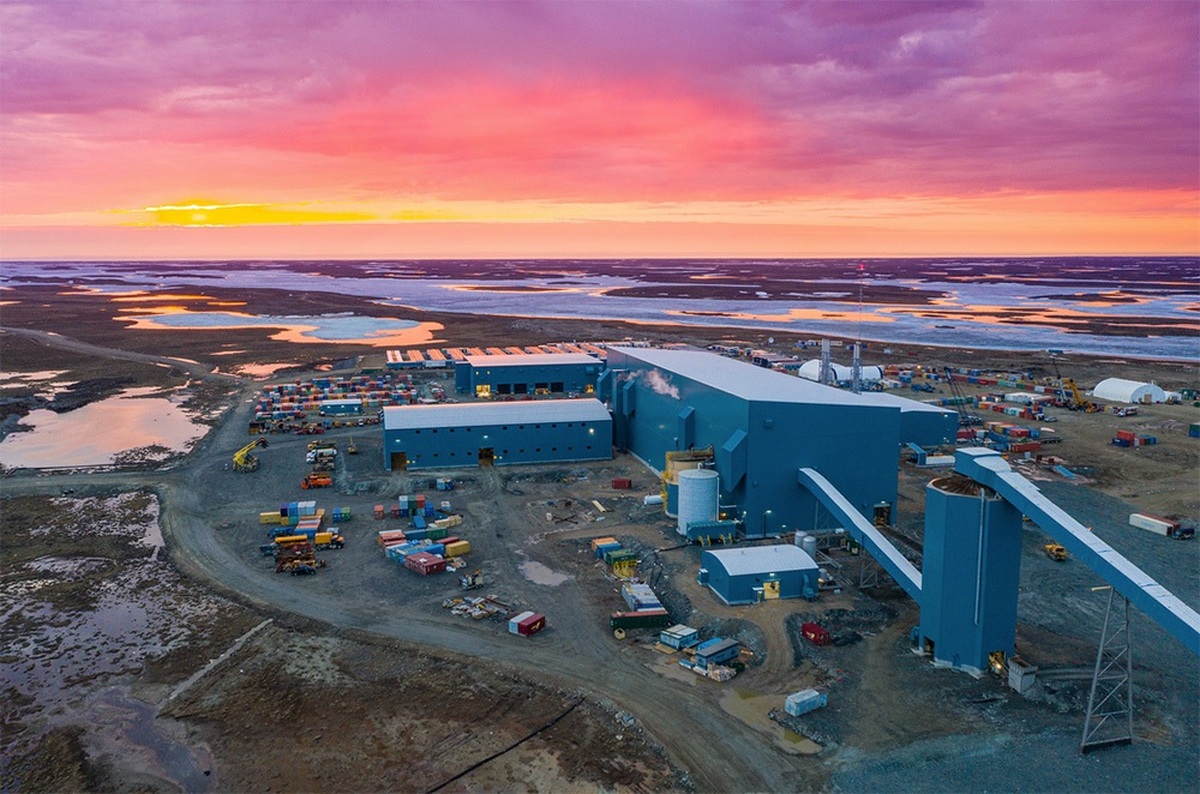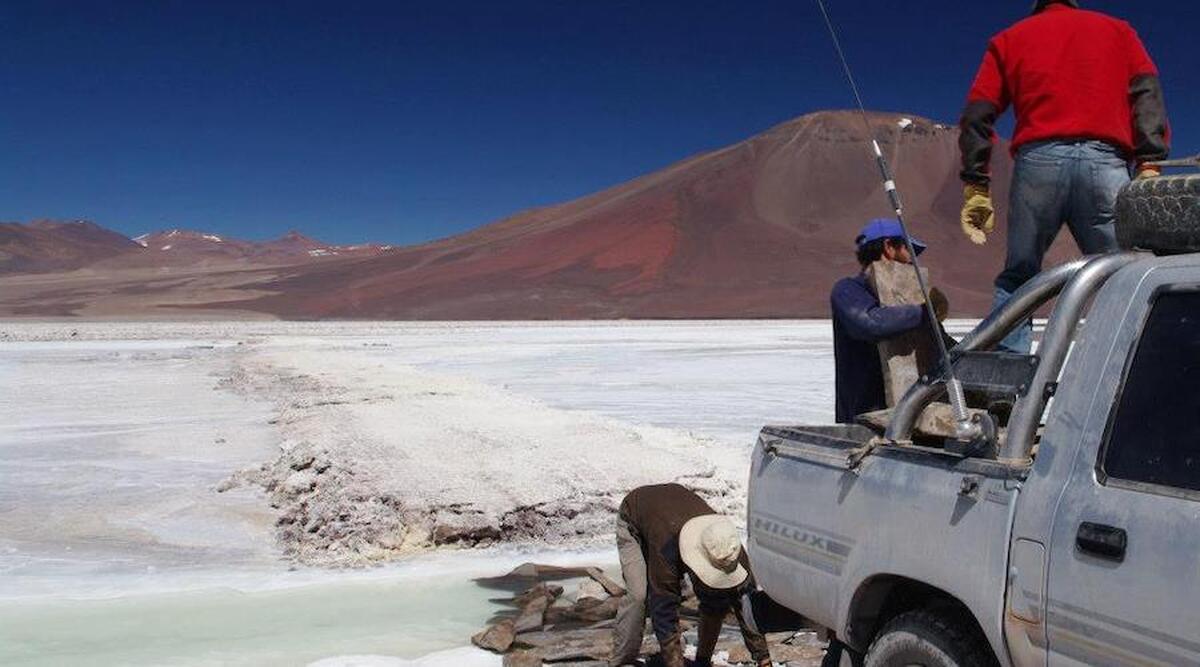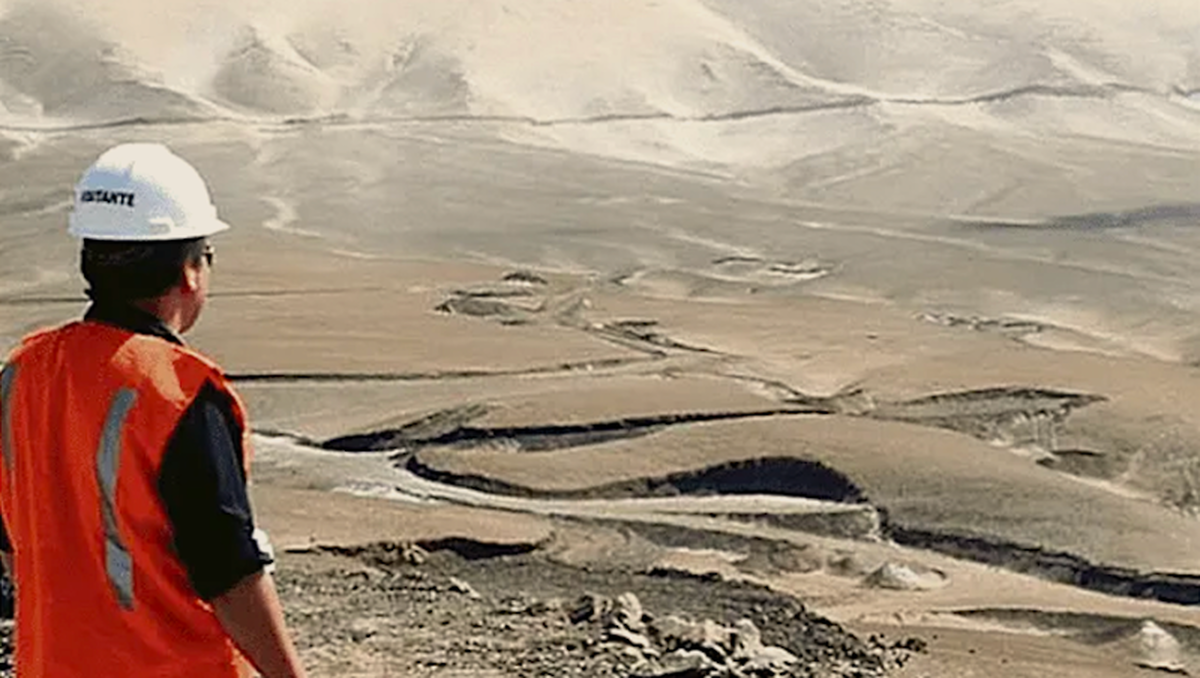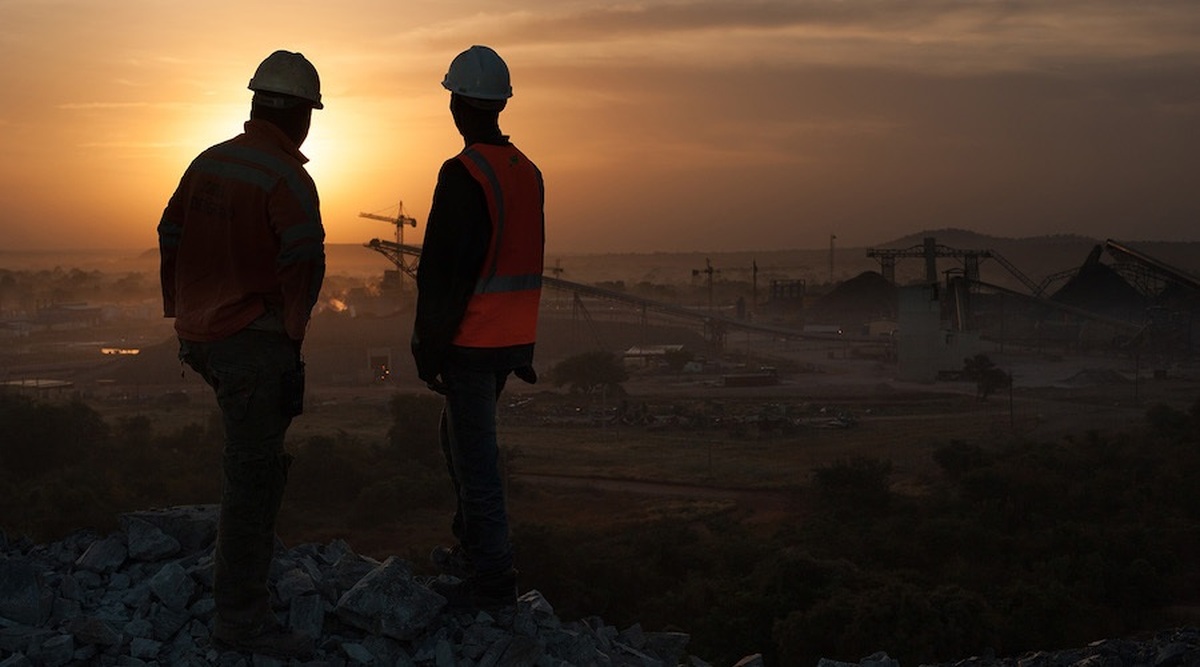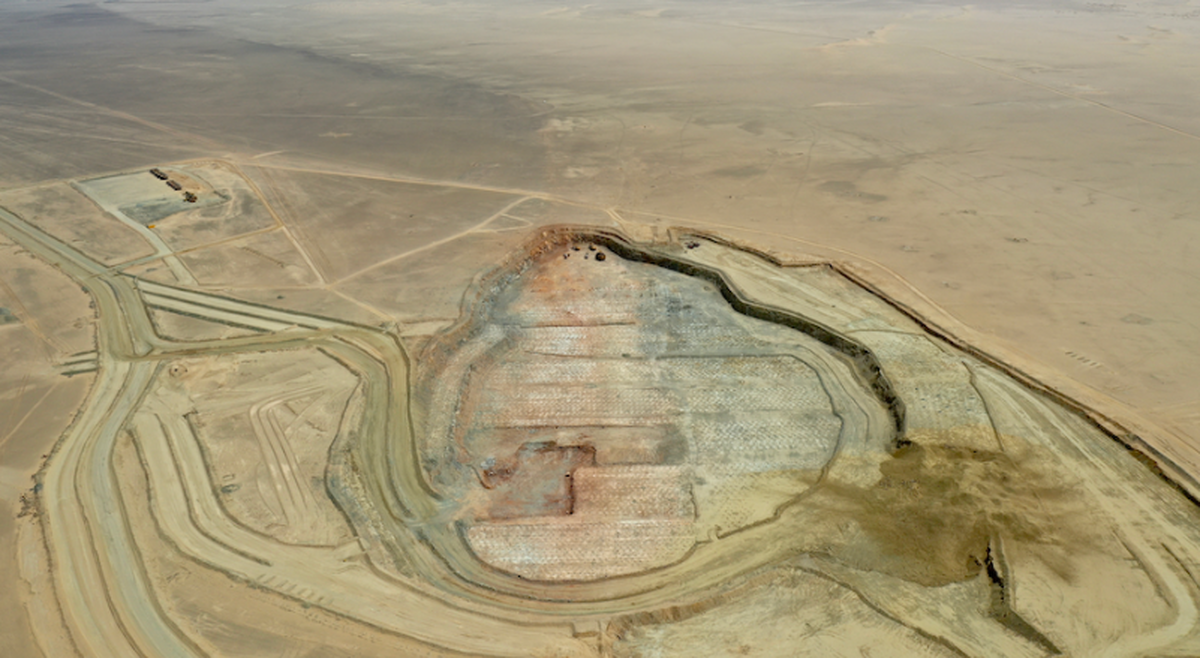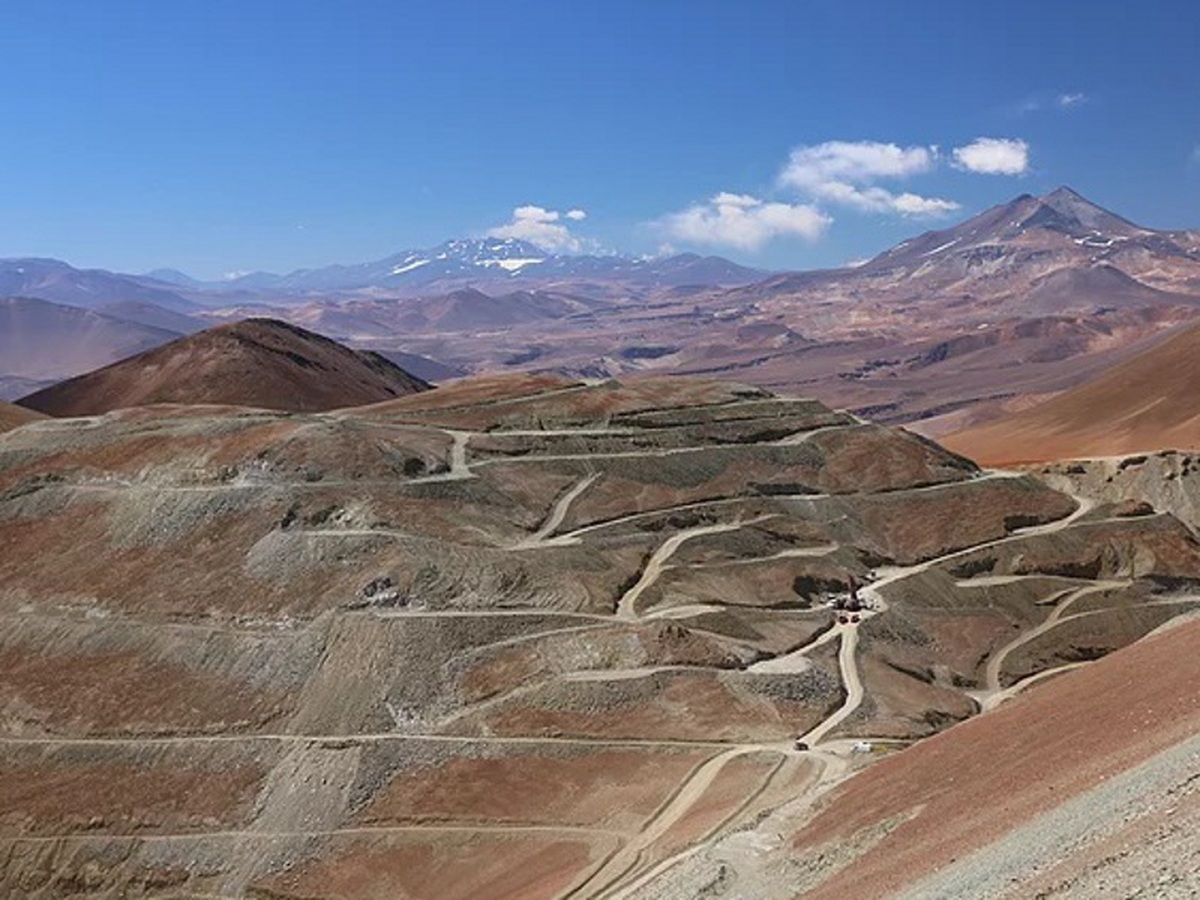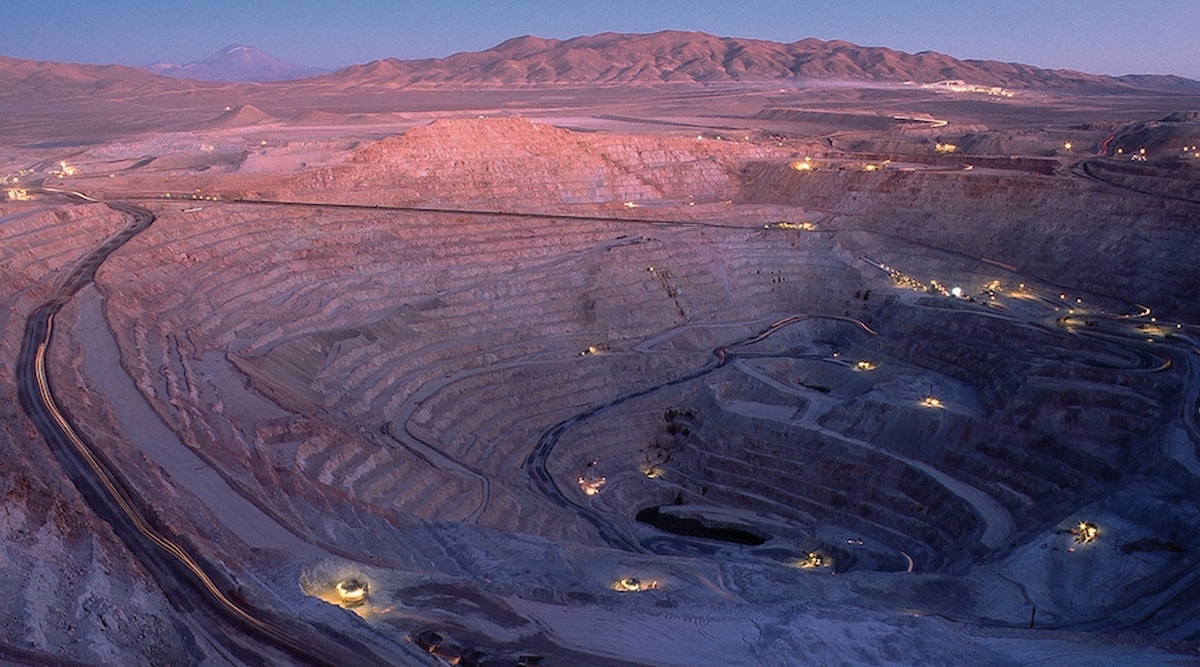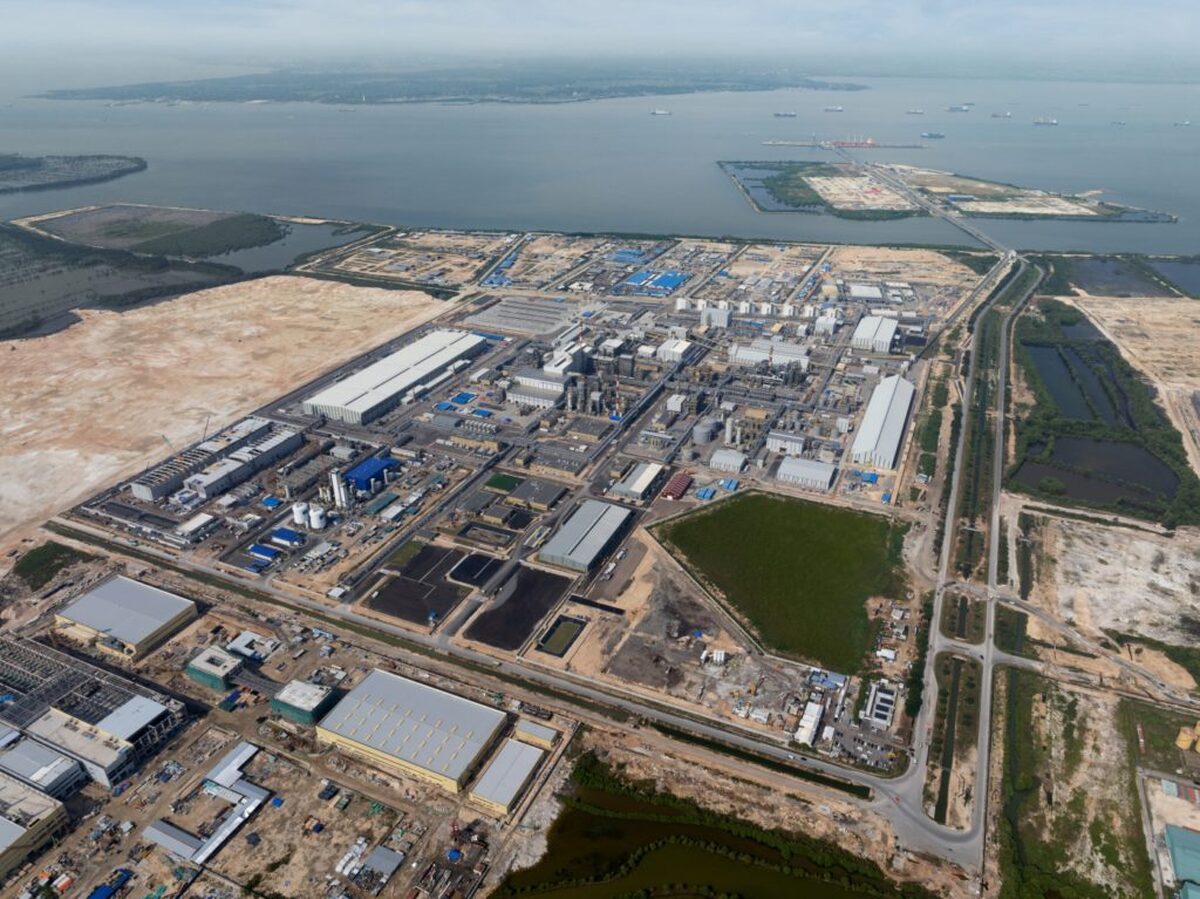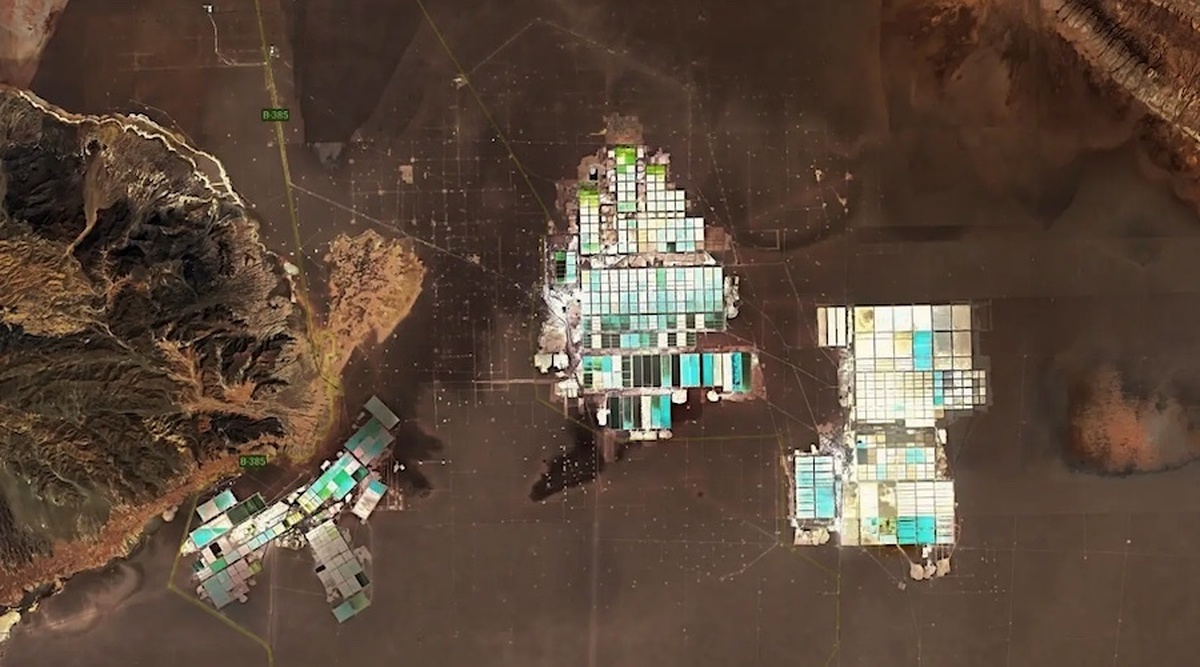
Robex secures Mali’s approval for Nampala mine deal
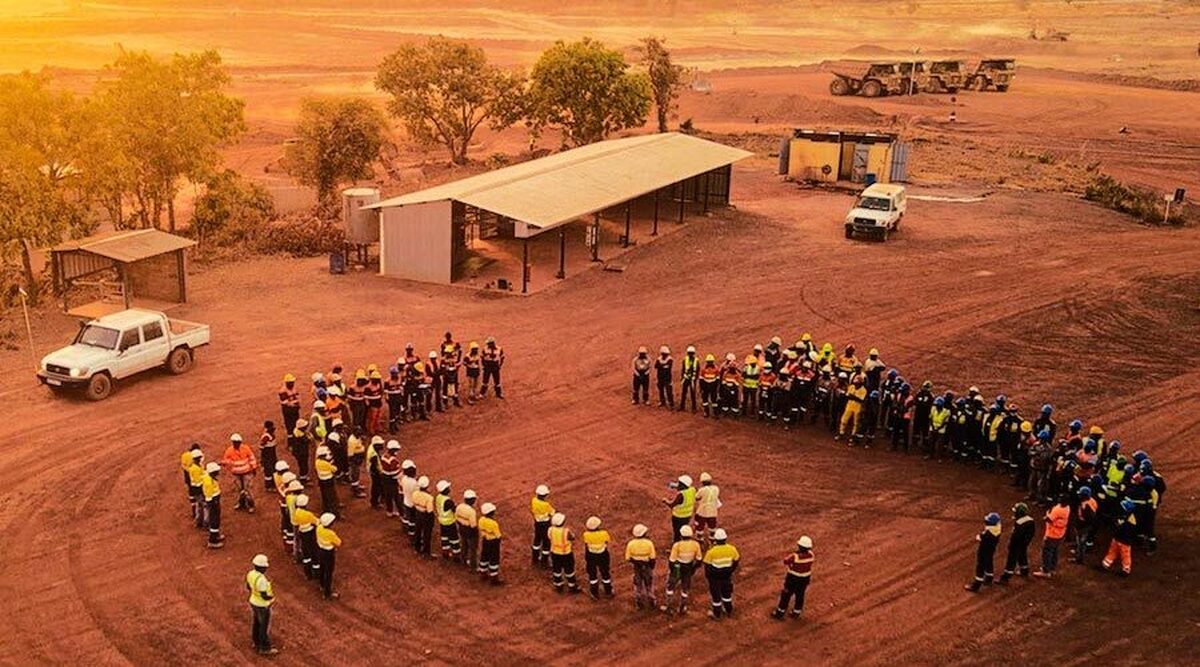
According to me-metals cited from mining.com, Mali, Africa’s second-largest gold producer, has introduced sweeping reforms to its mining sector in recent years, adopting a tougher stance on foreign investors. In 2023, the government enacted a new mining code requiring international companies to pay higher taxes and cede larger stakes in their assets to the state.
Robex has operated the Nampala mine, located about 300 km (186 miles) south of the capital Bamako, since 2017. Growing uncertainty over the regulatory changes, prompted the Montreal-based junior miner to announce in August it would sell the mine.
In September, Robex reached an agreement with the Malian government, increasing the state’s stake in the mine to 20% in compliance with the new mining code. The deal also settles all tax and customs claims before 2024 and grants the state priority dividends.
A statement from Mali’s Council of Ministers released late on Wednesday, said Robex was planning to produce 1.4 tonnes of gold per year for a period of eight years.
“Geological research carried out by the company has identified a deposit with mineral reserves estimated at 17,351,000 tonnes with a gold content of 0.70 grams per tonne,” it said.
Despite efforts to offload the asset, Robex noted that due to “the geopolitical context for investments in Mali and the market for potential buyers,” it had not received any reasonable offers.
The company remains committed to shift its focus to neighbouring Guinea, where it is developing the Kiniero project and expects to pour first gold in the fourth quarter of 2025.
Mali’s ruling junta has aggressively enforced the new regulations, straining relations with major mining companies, including Barrick Gold, Resolute Mining and B2Gold.
source: mining.com


Gold price edges up as market awaits Fed minutes, Powell speech

Glencore trader who led ill-fated battery recycling push to exit

Emirates Global Aluminium unit to exit Guinea after mine seized

Iron ore price dips on China blast furnace cuts, US trade restrictions

Roshel, Swebor partner to produce ballistic-grade steel in Canada

US hikes steel, aluminum tariffs on imported wind turbines, cranes, railcars

Trump weighs using $2 billion in CHIPS Act funding for critical minerals

EverMetal launches US-based critical metals recycling platform

Afghanistan says China seeks its participation in Belt and Road Initiative

Energy Fuels soars on Vulcan Elements partnership

Northern Dynasty sticks to proposal in battle to lift Pebble mine veto

Giustra-backed mining firm teams up with informal miners in Colombia

Critical Metals signs agreement to supply rare earth to US government-funded facility

China extends rare earth controls to imported material

Galan Lithium proceeds with $13M financing for Argentina project

Silver price touches $39 as market weighs rate cut outlook

First Quantum drops plan to sell stakes in Zambia copper mines

Ivanhoe advances Kamoa dewatering plan, plans forecasts

Texas factory gives Chinese copper firm an edge in tariff war

Energy Fuels soars on Vulcan Elements partnership

Northern Dynasty sticks to proposal in battle to lift Pebble mine veto

Giustra-backed mining firm teams up with informal miners in Colombia

Critical Metals signs agreement to supply rare earth to US government-funded facility

China extends rare earth controls to imported material

Galan Lithium proceeds with $13M financing for Argentina project

Silver price touches $39 as market weighs rate cut outlook

First Quantum drops plan to sell stakes in Zambia copper mines

Ivanhoe advances Kamoa dewatering plan, plans forecasts

